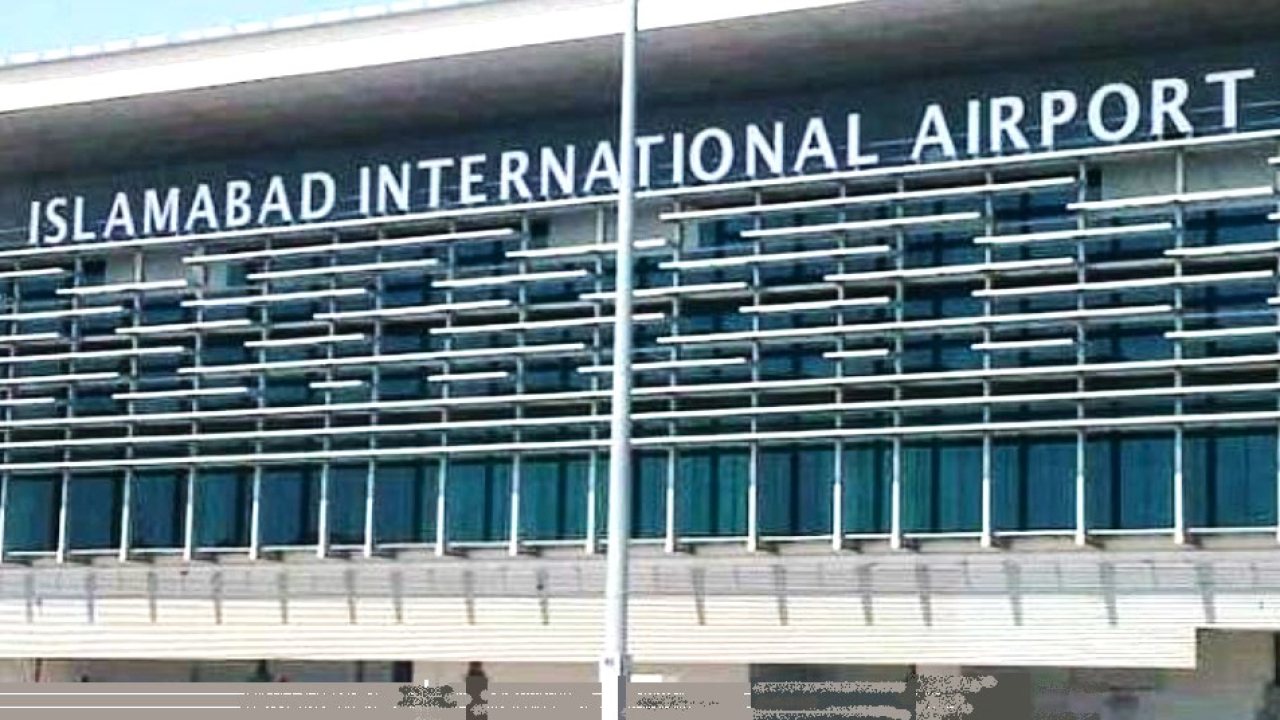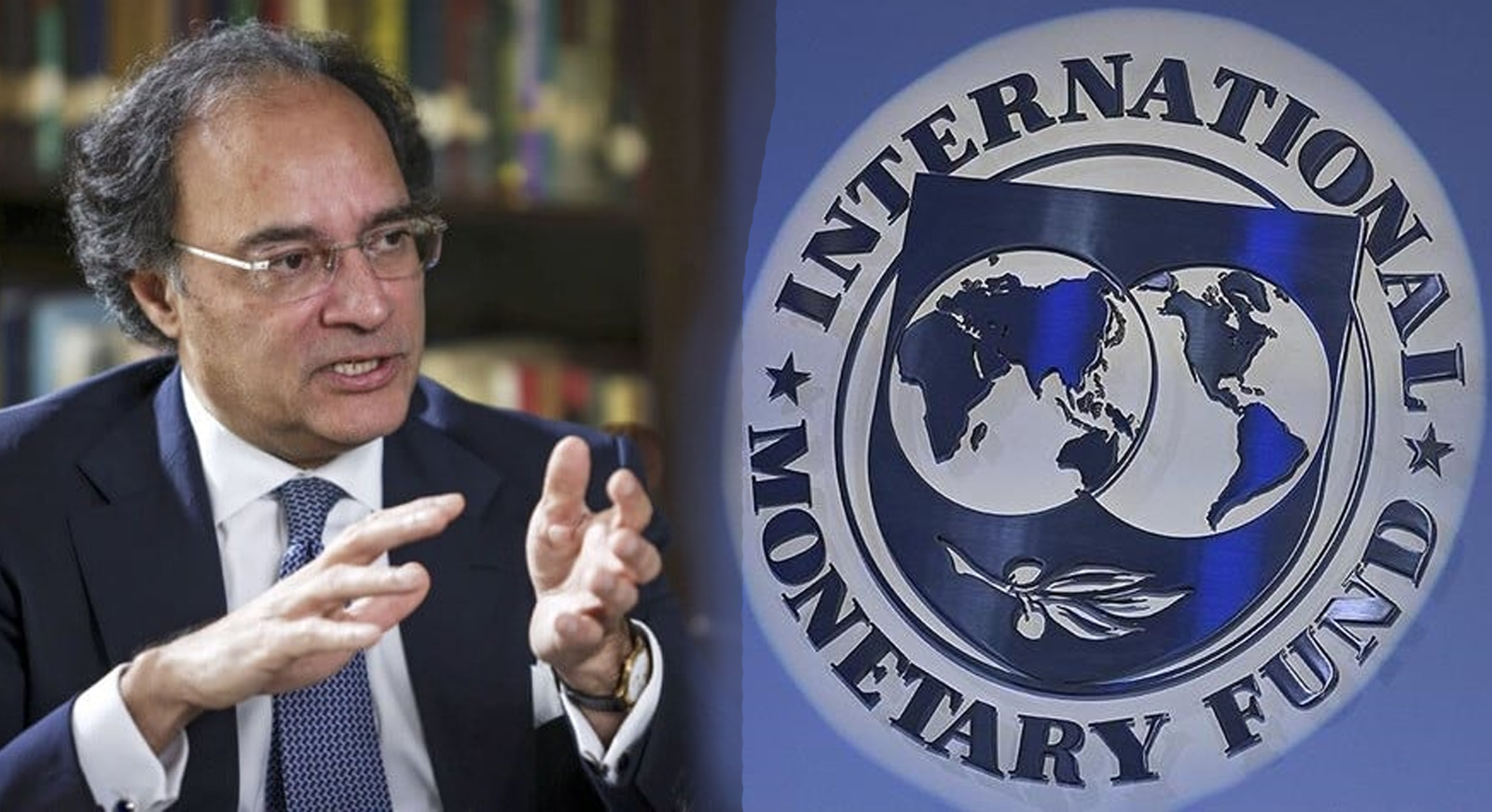Mohsin Siddiqui (Chief Reporter)
The Appellate Tribunal Inland Revenue Islamabad Bench (ATIR) has criticized the Federal Board of Revenue (FBR) for employing strategies that block legitimate tax refunds. The ATIR’s order highlighted that FBR’s field formations are rejecting refund claims based on “time limitation” issues and reclassification of the tax nature, violating High and Supreme Court orders.
The ATIR observed that the FBR’s field formations are increasingly using technicalities to deny taxpayers their rightful refunds. The tribunal noted that these practices are in direct contravention of superior court directives. The primary grounds for rejecting refunds have been time limitations and the reclassification of tax nature, which the ATIR deemed unfair and unjust.
In its recent order, the ATIR referred the matter to the Chairman of the FBR. The tribunal pointed out that superior courts have consistently criticized the FBR for using technicalities and limitations to deny legitimate refund claims. The ATIR’s order has called for a review of these practices to ensure that taxpayers are treated fairly.
Tax lawyer Khurram Shahzad Butt commented on the ATIR’s order, stating that the tribunal has wisely observed the FBR’s involvement in denying taxpayers their right to refunds. He noted that refund claims are being dismissed due to purported time limitations, despite compliance with legal timelines and court directives. Furthermore, during refund proceedings, the FBR has been altering the classification of taxation to treat adjustable or refundable tax as final tax, thus denying rightful refunds under the guise of Section 170 of the Ordinance.
The ATIR order mentioned that the concerned Zonal Commissioner Inland Revenue (CIR), Additional CIR, and the authors of the impugned orders were called to appear before the court with complete records. The department’s representative presented written comments supporting their position and stated that previous unchallenged orders passed by superior IRS functionaries under Sections 122(1), 177, 214C, and 122(5A) of the Ordinance were incorrect.
Regarding the binding order passed by the Apex Court in the Honda Atlas case, all three IRS officers stated that this order was not binding upon them and was thus rightly ignored in the refund rejection orders. The ATIR strongly disapproved of this stance, emphasizing the importance of adhering to superior court rulings.
The ATIR highlighted that withholding refunds on technical grounds is viewed unfavorably by courts. Public authorities, such as the Inland Revenue, should not use such pleas to defeat just claims. The tribunal emphasized that governments and public authorities should avoid relying on technicalities to deny legitimate claims and should act fairly and justly towards citizens.
The ATIR’s order further added that taxpayers are entitled not only to a refund but also to compensation or interest on the delayed refund. The courts will uphold technical pleas only if they are well-founded and based on concrete evidence. Technicalities should not be used to deny refunds of taxes paid by mistake or otherwise.
This landmark order by the ATIR sets a precedent for future cases involving tax refund claims. It underscores the need for the FBR to ensure that refund claims are processed fairly and in accordance with legal timelines and court directives. Taxpayers can now expect greater scrutiny of FBR’s practices and a more just approach to handling refund claims.




